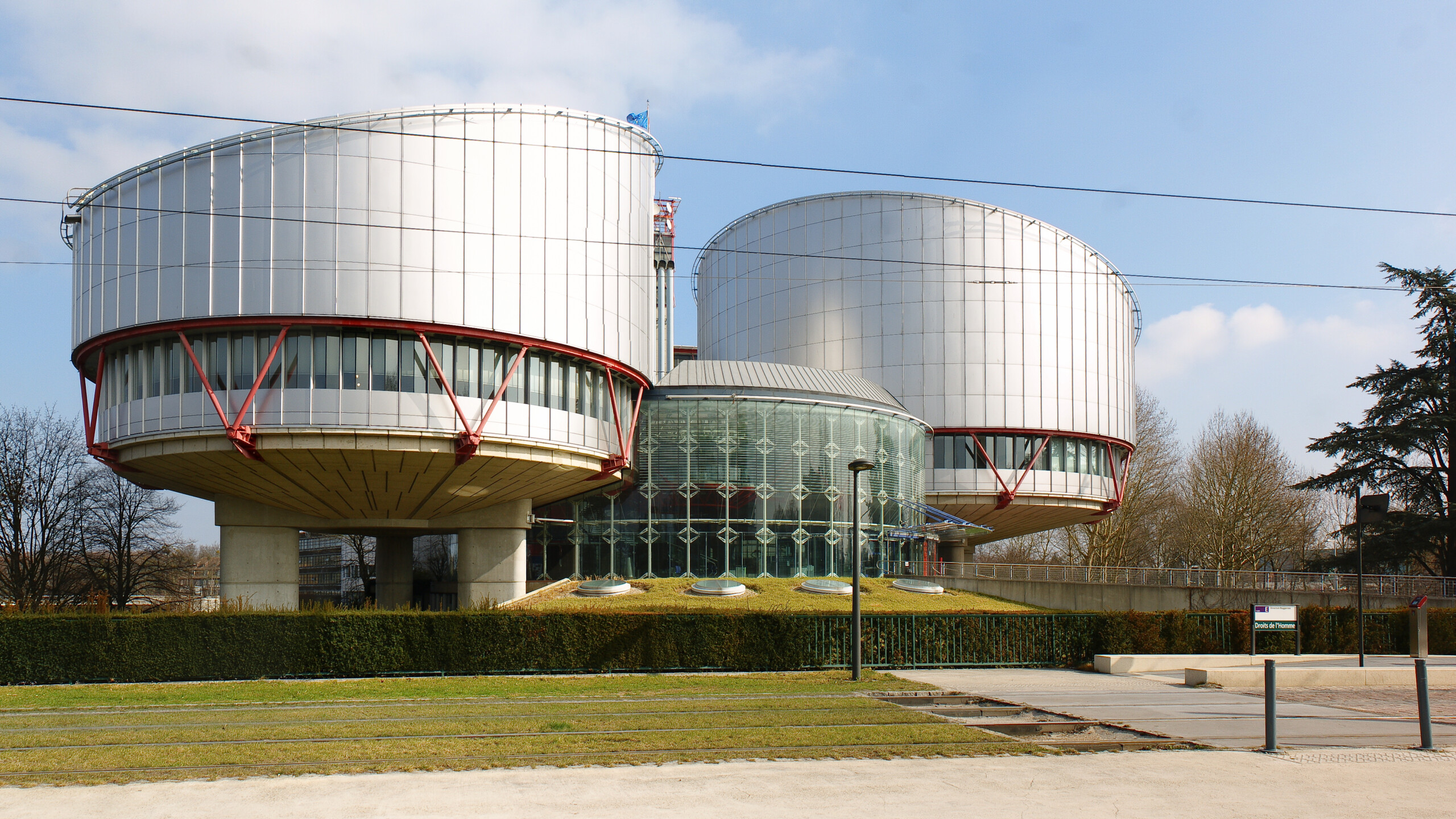Summary
Members of the Goriča vas and Dobruška vas 41 Roma settlements brought two separate claims each arguing that, by their failure to provide the applicants with basic public utilities—particularly clean drinking water and sanitation infrastructure—the Slovenian government had violated Articles 3, 8, and 14 of the Convention for the Protection of Human Rights and Fundamental Freedoms (“the Convention”). Article 3 concerns the right from being treated inhumanely or degradingly, and Article 8 concerns the right to respect for one’s private life, home, and correspondence. Article 14 concerns discriminatory treatment of minority populations. As both settlement residents’ claims were very similar in fact and considered the same substantive questions, the European Court of Human Rights (“the Court”) joined the two claims into this one case.
In Slovenia, clean drinking water and sanitation are protected but not absolute rights. Public utility connections ought to be installed for residents, but there is no obligation to build connections for people living in illegal structures. As many Roma settlements, including the ones concerned here, have been built on non-residential land and/or without building permits, the government has not consistently provided water and sanitation services to those settlements. However, comprehensive affirmative action measures have been taken toward improving the living situations of Slovenia’s Roma communities, including one that required local municipalities to include Roma settlements in municipal spatial plans, effectively legalizing the settlements by 2015. As of 2015, many but not all municipalities had done so. In general, Slovenian law leaves much of the responsibility of providing water and sanitation services to municipalities rather than the federal government.
Drawing from prior decisions wherein the Court concluded that the effect of water quality on individuals’ health interferes with their private lives, the Court determined that lack of water triggers a positive obligation by the government to take measures to respect a person’s privacy. Clean water is necessary for the health and human dignity of a person, such that without it they cannot enjoy a home and private life. Whether or not a State has met this positive obligation under Article 8 is determined on a case-by-case basis.
The Court ultimately determined that in this case the Slovenian government had not violated Article 8 of the Convention. States are given wide discretion by the Court to determine how they will meet basic utility needs of their residents, as long as there are “concrete” steps taken to ensure everyone has access. The Court determined here that the Slovenian government had taken sufficient concrete steps to ensure access to clean drinking water. “The Court takes the view that, while it falls upon the State to address the inequalities in the provision of access to safe drinking water which disadvantage Roma settlements, this cannot be interpreted as including an obligation to bear the entire burden of providing running water to the applicants’ homes.”
The Goriča vas settlement is an irregularly built settlement in the Ribnica municipality, where drinking water is provided by means of a water tank provided by the municipality and regularly filled by the fire brigade. Even though the Goriča vas applicants argued that the water tanks had become unusable, the Court determined it was the responsibility of the applicants to formally request a new tank, which they had not done. The Dobruška vas 41 settlement is an irregularly built settlement in the Škocjan municipality, which has access to the public water supply system via a municipally-funded group water-distribution connection. Residents can also install individual water connections at their own expense. The applicant family did not have access to the water-distribution connection, but the Court determined that it was the responsibility of the family to apply for the water-distribution connection, which they had not done. It also determined that as the applicants in both settlements received federally-funded benefits, they could afford to either pay for improved access to water and sanitation or move to public housing in buildings with permits.
The Court determined that the State also did not violate its obligation to ensure public sanitation infrastructure, even though the Ribnica and Dobruška municipalities have not taken measures toward ensuring sanitation for the applicants. Sanitation infrastructure is severely lacking in the majority of both municipalities in question, not unique to Roma settlements. A serious risk to health could compel the State to act, but the applicants did not submit concrete evidence that they suffered diseases due to lack of sanitation services. They also did not indicate that they could not afford to install their own septic tanks or other means of sanitation infrastructure.
The Court acknowledged that there was room for improvement in terms of ensuring that all residents of Slovenia have clean water and sanitation, but determined that the measures thus far taken indicate that Slovenia understands its positive obligation and is not discriminating against the Roma people.
Regarding Article 3, the Court determined that positive measures taken by the government had provided the applicants with access to safe drinking water, rather than “a situation of serious deprivation or want incompatible with human dignity.” Regarding Article 14, the Court determined it is possible that equal treatment between groups without consideration for “factual inequalities” rendering one group disparately treated could be a violation of the Article without steps taken to ensure equitable treatment. However, in the case of the Roma applicants, there was no evidence of bad faith or that measures taken to support the Roma had been abandoned in favor of the majority population. Therefore, no violations of Articles 3 or 14 were found.


